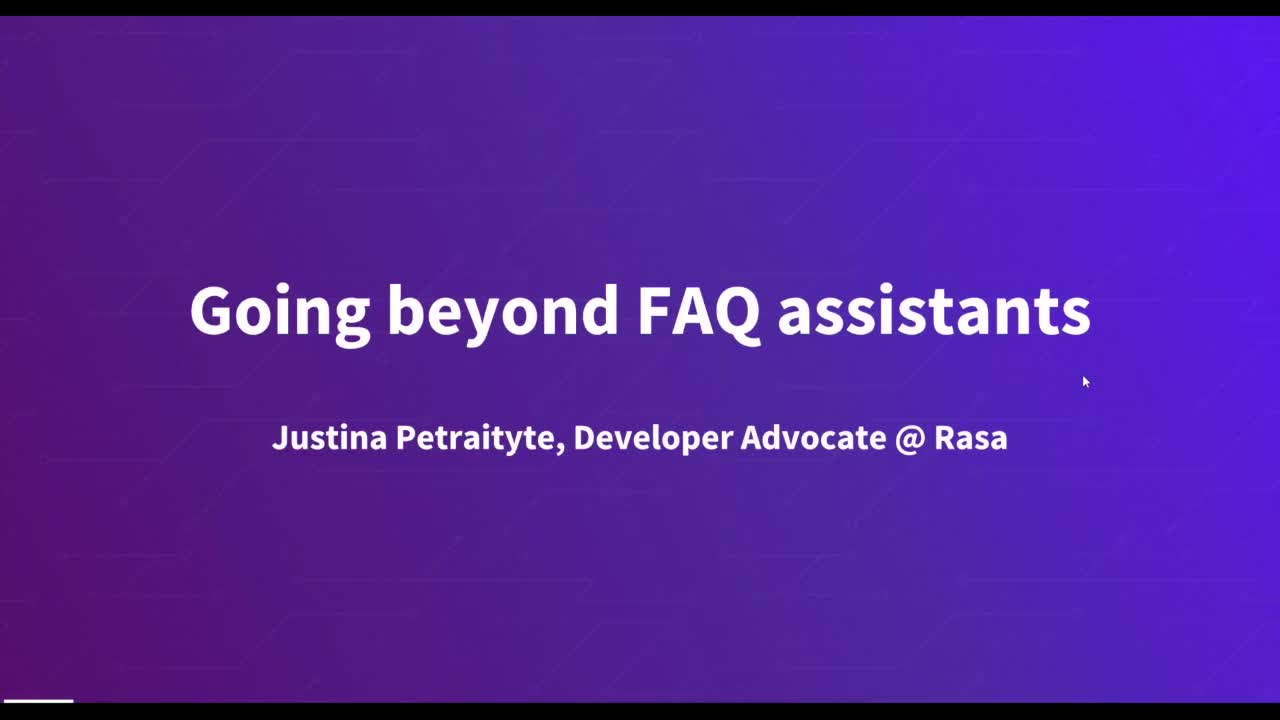Skip to main content





Related
The Definitive Guide to Machine Learning for Business Leaders
Craft a 21st-century data strategy to optimize business outcomes.infographic
Data Literacy for Responsible AI
Learn how data literacy fuels responsible AIwebinar
Artificial Intelligence for Business Leaders
We'll answer the questions about AI that you've been too afraid to ask.webinar
How AI Can Improve Your Data Strategy
Find out how AI, ML, and data science can inform your data strategy.webinar
Data Science for Business Leaders
Here's how to build a high-performance data team aligned with company strategy.webinar
What Managers Need To Know About Machine Learning
Get real-world examples of how machine learning applies to business problems.Join 5000+ companies and 80% of the Fortune 1000 who use DataCamp to upskill their teams.
Loved by thousands of companies

